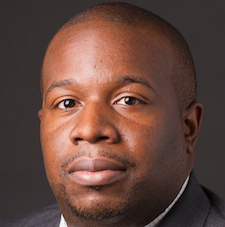
A federal program created to attract physicians to medically underserved areas of the United States has not achieved this intended effect or reduced mortality rates in these regions, a new Yale study finds. The researchers say new approaches may be needed to address healthcare disparities across the country.
Previous research has shown that people tend to seek out healthcare within their own community; the farther people have to travel to access that care, the less likely they’ll do it. So the lack of adequate numbers of physicians — an issue that affects more than 40 million Americans — can contribute to healthcare access disparities; areas with shortages of healthcare professionals, studies show, tend to have higher mortality rates than regions that do not.
To address this problem, the U.S. government launched the Health Professional Shortage Area (HPSA) program in 1965. It offers incentives — such as student loan forgiveness and higher Medicare reimbursement — to physicians who practice in areas identified as having a critical shortage of healthcare providers.
“Our study showed that the program has had little effect on underserved areas, yielding no significant changes in physician density or county-level mortality rates,” said Chima Ndumele, an associate professor of public health at Yale School of Public Health and faculty advisor on the project. In fact, 73 percent of counties designated as HPSAs continued to experience physician shortages in the 10 years after their initial designation.
“Attracting young providers before they establish practices somewhere else is one potential solution,” explains lead author Justin Markowski, a Ph.D. candidate at Yale School of Public Health. Another solution would offer other types of healthcare professionals, such as nurse practitioners and physician associates, a wider scope of practice and more autonomy if they work in underserved areas.
The full study, “After 50 Years, Health Professional Shortage Areas Had No Significant Impact On Mortality Or Physician Density,” was published in the journal Health Affairs. It may be accessed here.

